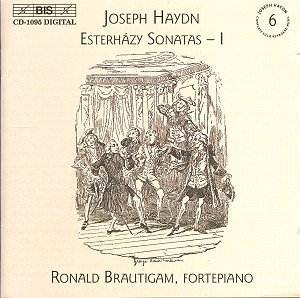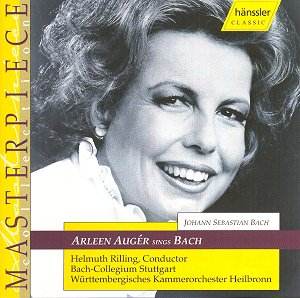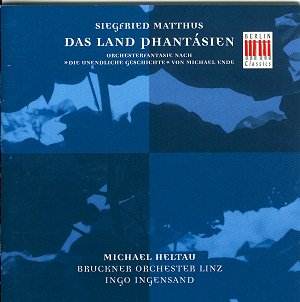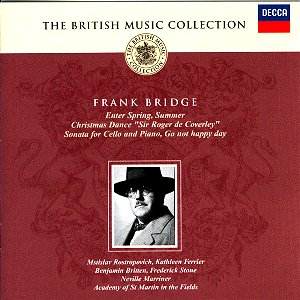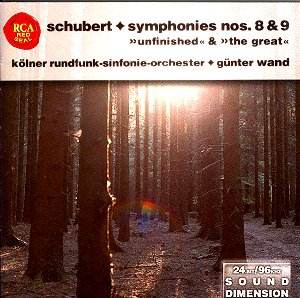 Composer: Franz Schubert
Composer: Franz Schubert
Works: Symphonies No. 8 in B minor, D759, ‘Unfinished’; No. 9 in C, D944, ‘Great’
Performers: Cologne Radio Symphony Orchestra, Günter Wand
Recording: Recorded in 1980 (‘Unfinished’) and 1977 (‘Great’) [ADD]
Label: RCA
Franz Schubert’s symphonic contributions, particularly his Eighth and Ninth symphonies, are quintessential pillars of the late Classical and early Romantic repertoire. The ‘Unfinished’ Symphony, composed in 1822, remains a tantalizing glimpse of Schubert’s genius, with its two completed movements suffused with lyrical beauty and emotional depth. The ‘Great’ Symphony, completed in 1828, stands as a monumental testament to Schubert’s orchestral mastery, showcasing both his melodic inventiveness and structural sophistication. These two works, presented here under the baton of the esteemed Günter Wand with the Cologne Radio Symphony Orchestra, allow listeners to explore Schubert’s evolving symphonic voice.
Wand’s interpretations of these symphonies are marked by a profound understanding of Schubert’s idiom, deftly balancing the lyrical and dramatic elements inherent in the scores. The ‘Unfinished’ Symphony, in particular, benefits from Wand’s careful pacing, which creates a sense of inevitability throughout the work. The warmth of the cello’s second subject is beautifully articulated, delivering a sense of ‘gentilité’ that is both tender and haunting. Wand’s decision to observe the repeat in the exposition is a masterstroke; it accentuates the harmonic descent into the development section, where ominous bass tremolandi create an atmosphere of palpable tension. This strategic withholding of tempo allows the listener to experience the emotional weight of the music fully, culminating in a ghostly reappearance of thematic material in the coda that resonates long after the final notes have faded.
The second movement of the ‘Unfinished’ is equally compelling, showcasing Wand’s ability to exploit a full dynamic range. The movement is crafted with exquisite care, every nuance attended to, leading to an astonishingly powerful conclusion that echoes Schubert’s emotional depth. Wand’s interpretation of the Ninth Symphony mirrors this sensibility. The pacing is again exemplary, exhibiting a natural flow that allows the orchestra’s sonorities to breathe without sacrificing the symphonic narrative. The third movement, with its lilting rhythms, exemplifies Wand’s skill in relaxing tempo while maintaining the integrity of the symphonic thread, a rarity that many conductors struggle to achieve.
Sound quality in this RCA recording is commendable, preserving the clarity and warmth of the orchestral textures. The engineering successfully captures the full dynamic spectrum of the performances, ensuring that the listener can appreciate the intricate interplay between the strings and winds. Wand’s ability to draw out pointed wind solos in the second movement of the ‘Great’ Symphony stands out, adding a layer of delicacy to the orchestral tapestry that is both refreshing and enlightening.
Comparatively, Wand’s interpretations stand apart from other notable recordings, such as Mehta’s live performance with the Vienna Philharmonic, which, while spirited, lacks the depth of insight Wand brings. The pacing and interpretive choices in Wand’s recordings yield a more cohesive understanding of Schubert’s intentions, particularly in the expansive finale of the Ninth, which, although perhaps yearning for a touch more rusticity, still delivers an impressive synthesis of vigor and lyrical grace.
This collection of Schubert’s symphonic masterpieces under Wand’s direction is a remarkable offering that encapsulates the essence of late Schubert. The combination of thoughtful interpretation, technical finesse, and high-quality sound engineering makes this recording a compelling addition to any classical music library. For those seeking an authoritative and engaging exploration of Schubert’s symphonic world, this release is an essential acquisition.
